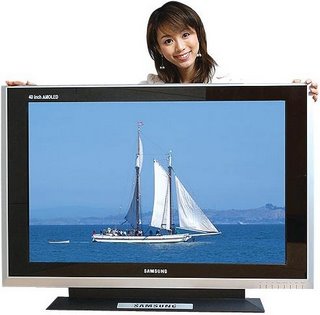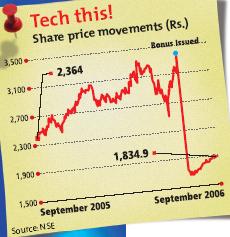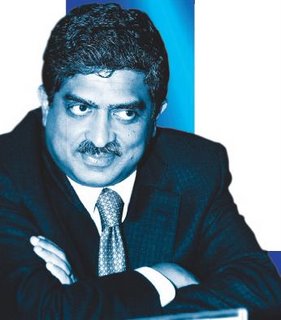Hugo Chávez in turn will use his place in the Security Council to protect Iran from Washington imposing sanctions on it in response to its nuclear ambitions. The latest incident where Chávez called George W. Bush a devil in his speech at the UN General Assembly criticising the American president’s actions, in trying to gather support from other nations, is a Red Herring.
Iran and Venezuela put together produce seven million barrels of oil a day. Apart from that, Iran’s oil reserves are close to 126 billion barrels, while Venezuela holds 77.2 billion barrels. The new oil well, where the two countries have started drilling, is estimated to contain 18 billion barrels of oil. The two oil rich nations have played their cards very well by engaging the world in issues like nuclear program & multi-polar world. They have their energy resources right in place; after all, most international conflicts are fuelled by petroleum. The onus now is on how the US and its allies respond to this new pact.
Edit bureau: Nidhi Sharma
For Complete IIPM Article, Click on IIPM Article
Source : IIPM Editorial, 2006, Arindam Chaudhuri's Initiative
For More IIPM Article, Visit Below....
IIPM Students Life > Campus Placement
IIPM Links
IIPM Students Life > Campus Resources
News At Work (continued alongside) : IIPM
IIPM Academics : Global Outreach Program
IIPM Rankings
IIPM Alliances
IIPM Academics > Faculty
IIPM-News Websites







